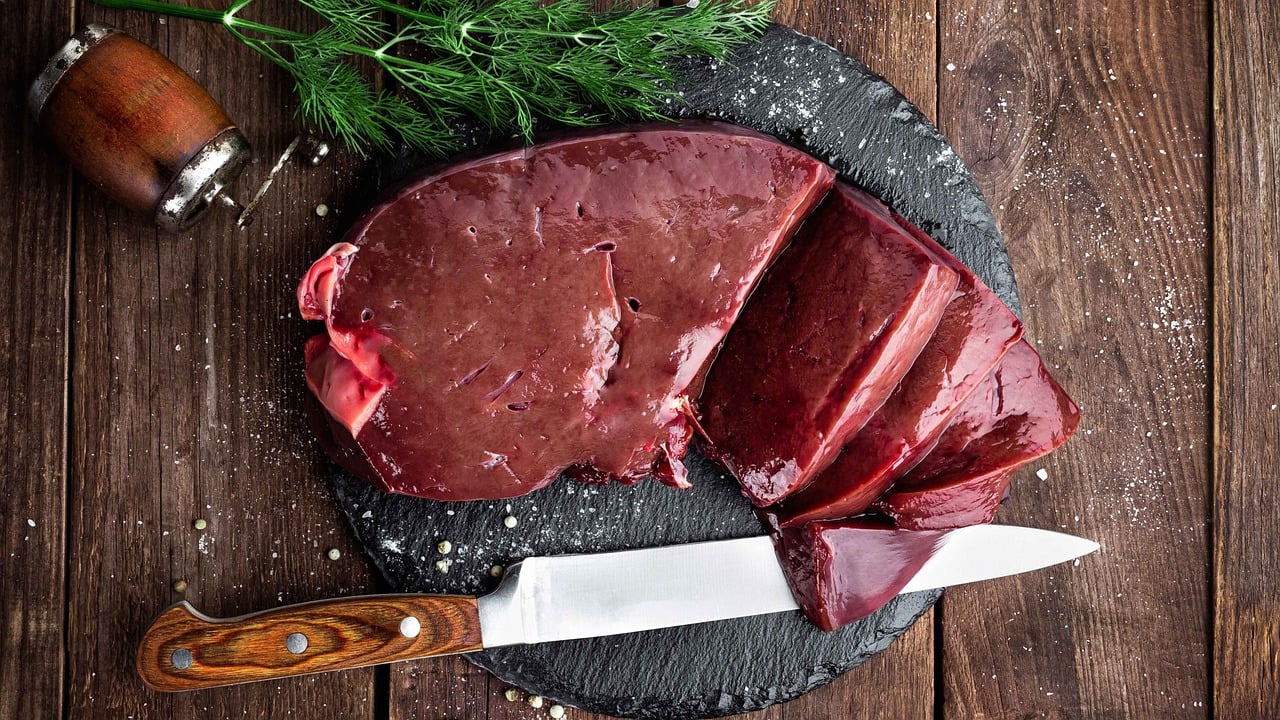Iron-Rich Foods To Add To Your Diet
By Alex Soto on 02/23/2025- Save on Pinterest
 Iron is one of the most important minerals for human health. The mineral is essential for both physical and neurological development, as well as the production of red blood cells. It is also one of the most common deficiencies (alongside Vitamin A and iodine) worldwide. A conscious effort to incorporate more iron rich foods into your diet will support hormone synthesis, combat the most common type of anemia, and boost daily energy levels. Here are some of the healthiest and tastiest foods to increase your iron intake.
Iron is one of the most important minerals for human health. The mineral is essential for both physical and neurological development, as well as the production of red blood cells. It is also one of the most common deficiencies (alongside Vitamin A and iodine) worldwide. A conscious effort to incorporate more iron rich foods into your diet will support hormone synthesis, combat the most common type of anemia, and boost daily energy levels. Here are some of the healthiest and tastiest foods to increase your iron intake.Red Meat & Shellfish
Red meat is an excellent source of heme iron, which is absorbed more quickly than plant-based non-heme iron. Red meat also contains other key nutrients like protein, fat, selenium, and zinc. Several types of shellfish are also blessed with high iron content. The best meat and fish options are:- Beef liver - 5.4mg iron per 115g serving
- Ground lamb - 1.8mg iron per 112g serving
- Ground venison - 2.8mg iron per 112g serving
- Oysters - 1.1mg iron per 55g serving
- Clams - 0.4mg iron per 35g serving
Green Veggies
Several green veggies, especially leafy vegetables, are a great source of non-heme iron. It takes longer to absorb but offers all the same benefits. Options include:- Spinach - 2.3mg iron per 85g serving
- Broccoli - 0.4mg iron per 85g serving
- Asparagus - 2.0mg per 85g serving
- Baby bok choy - 1.0mg per 113g serving
Legumes (Beans)
A variety of legumes are high in non-heme iron, as well as Omega-3 fats and other healthy nutrients. Some of the best options to consider are:- Edamame (Soy Beans) - 5.4mg iron per 227g serving
- Kidney Beans - 2.8mg iron per 112g serving
- Chickpeas - 1.4mg iron per 125g serving
Other Iron Rich Food Sources
While the above options will help increase your iron levels, the daily intake can be further supported by a range of foods like:- Fortified cereals
- Quinoa
- Dark chocolate
Benefits of an Iron Rich Diet
A diet filled with lots of iron rich foods isn't only great for treating anemia, it's also shown to support immune systems, gastrointestinal processes, and body temperature regulation while additionally supporting energy and focus. Iron rich foods are also regularly consumed by athletes as they have a direct impact on athletic performance, muscle metabolism, and healthy connective tissues.Conversely, low iron levels may cause high heart rates, low blood pressure, low red blood cell counts, low hemoglobin, and chronic fatigue. It can also cause complications in pregnancy, including premature birth, as well as learning difficulties in children.
Conclusion
Iron is an essential mineral that millions of people are deficient in. So, an active effort to hit at least 8mg/day (men and older women), 18mg/day (women), or 27mg/day (pregnant women) is highly advised. While red meat and shellfish are perfect options thanks to high concentrations of heme iron, there are many plant-based options to hit your daily recommendation. With such a wide variety of great-tasting foods containing iron available, there's no excuse to avoid making it a staple of your daily nutrition plan - not least because the health benefits are huge.| iron | nutrition | healthy foods